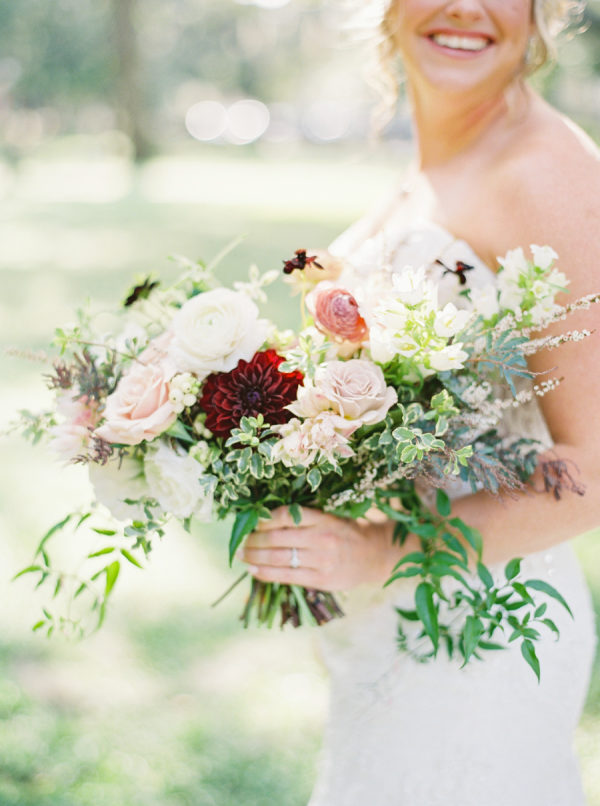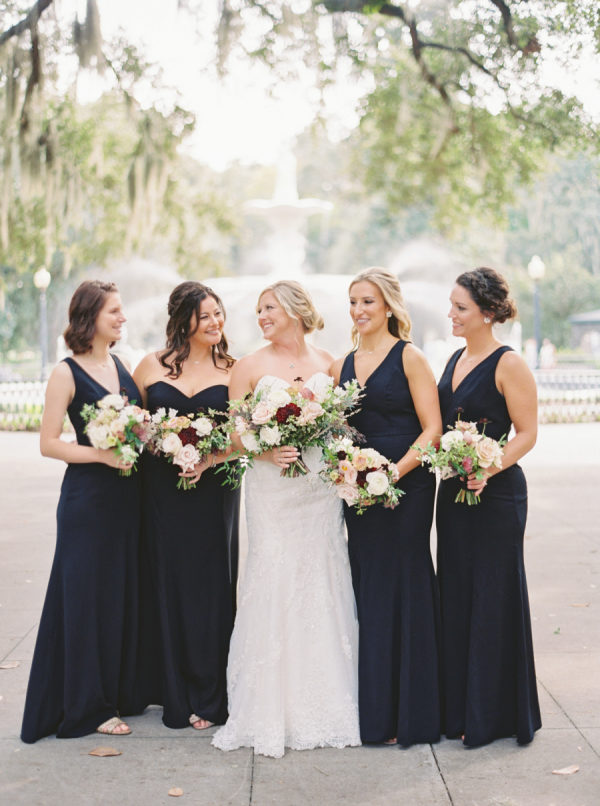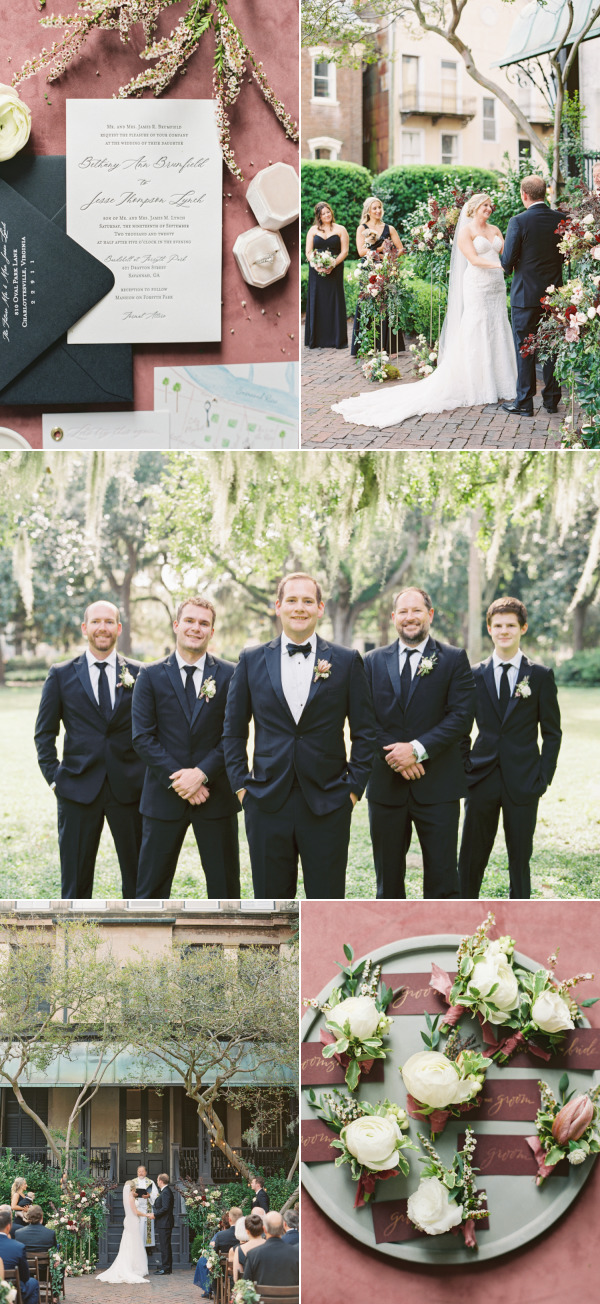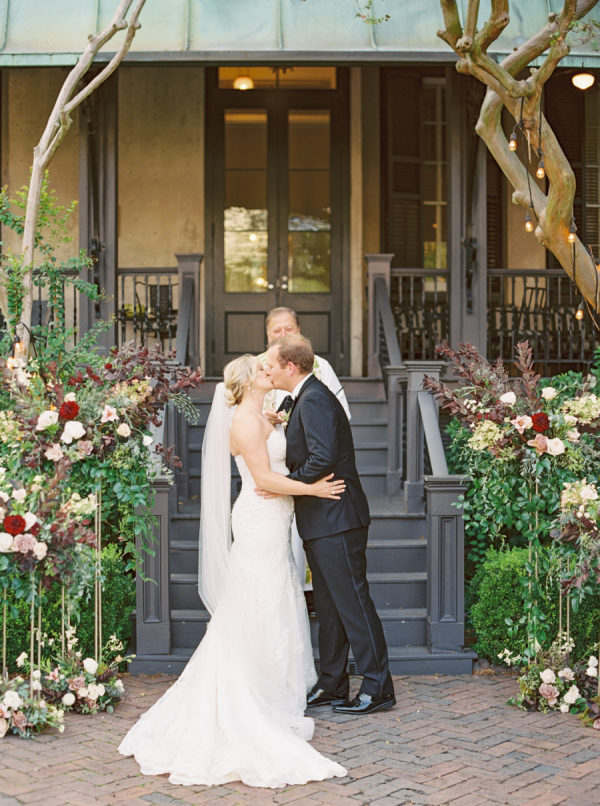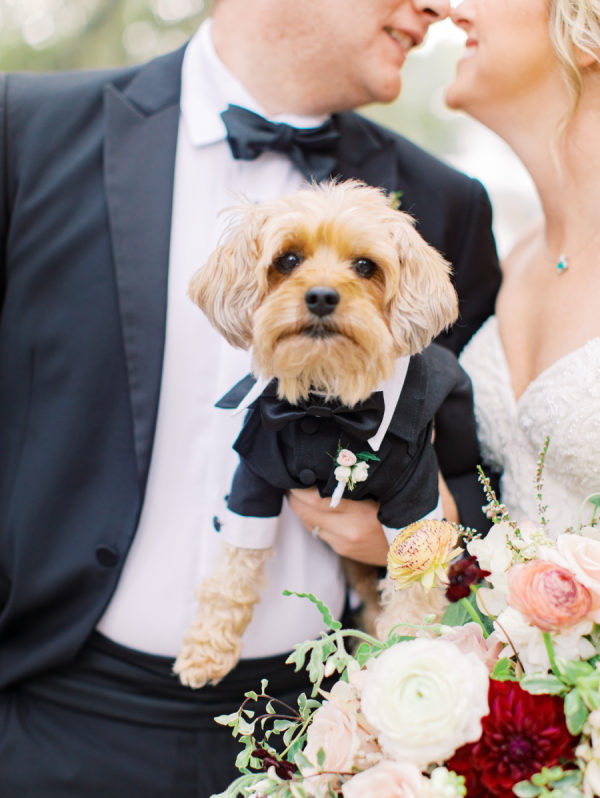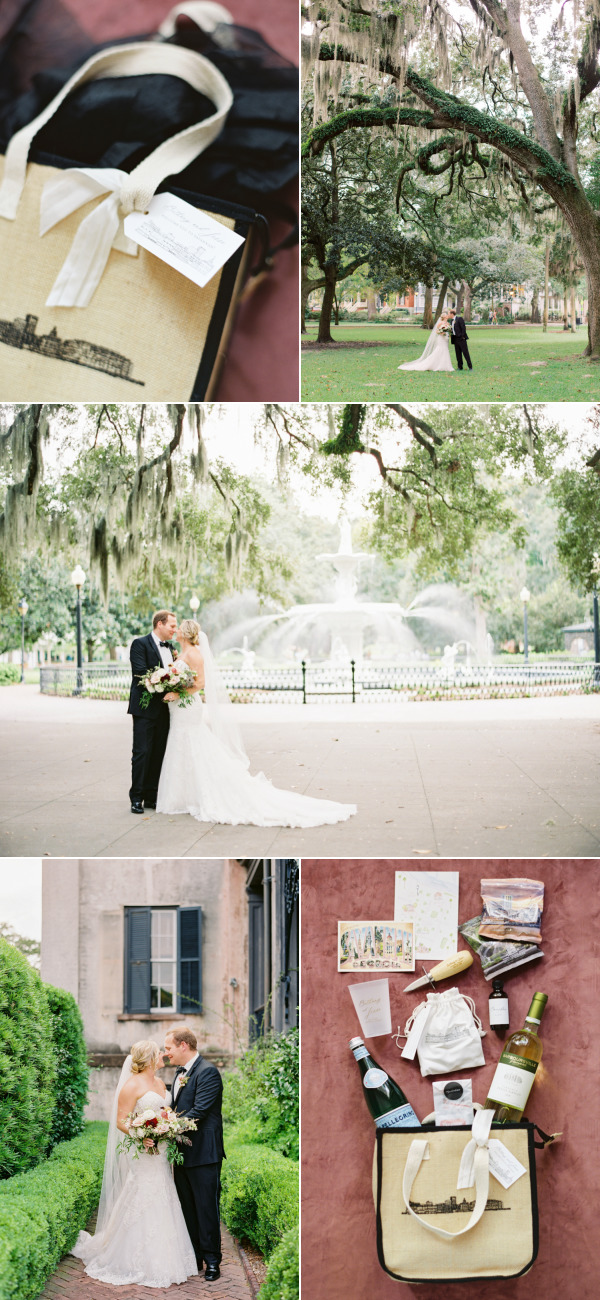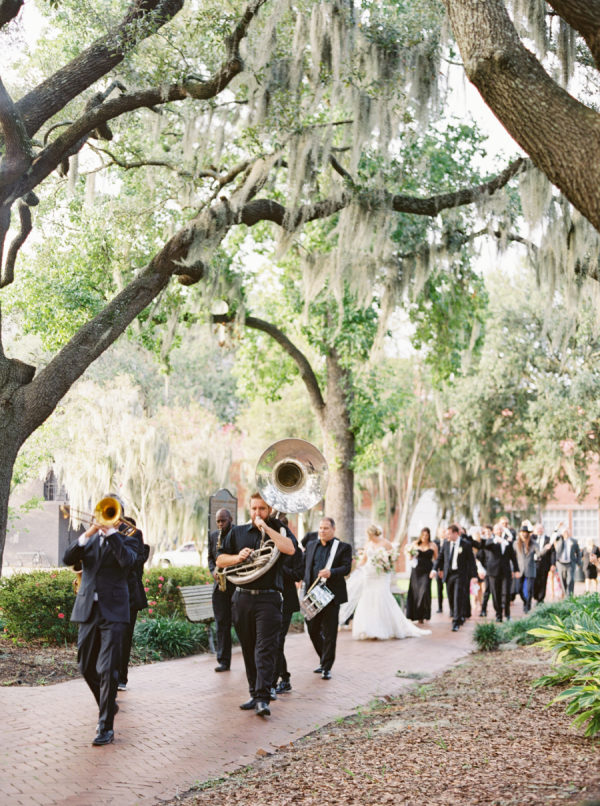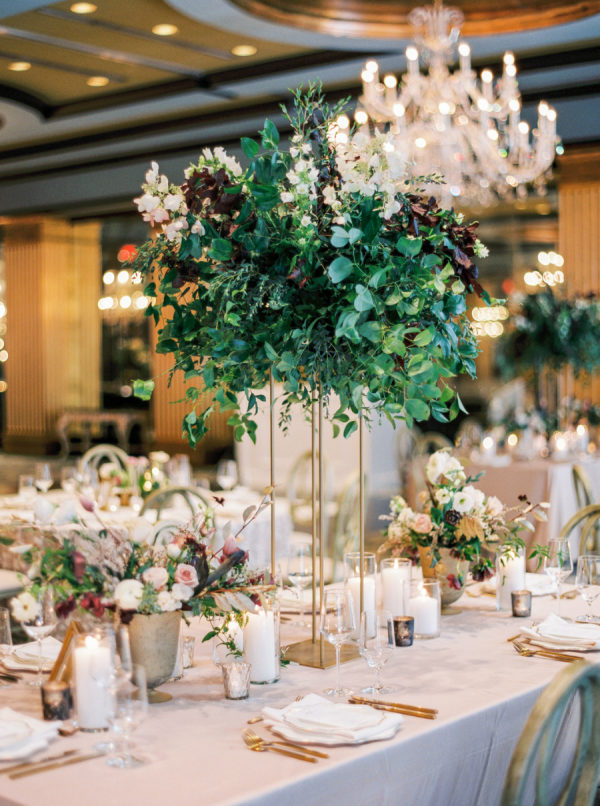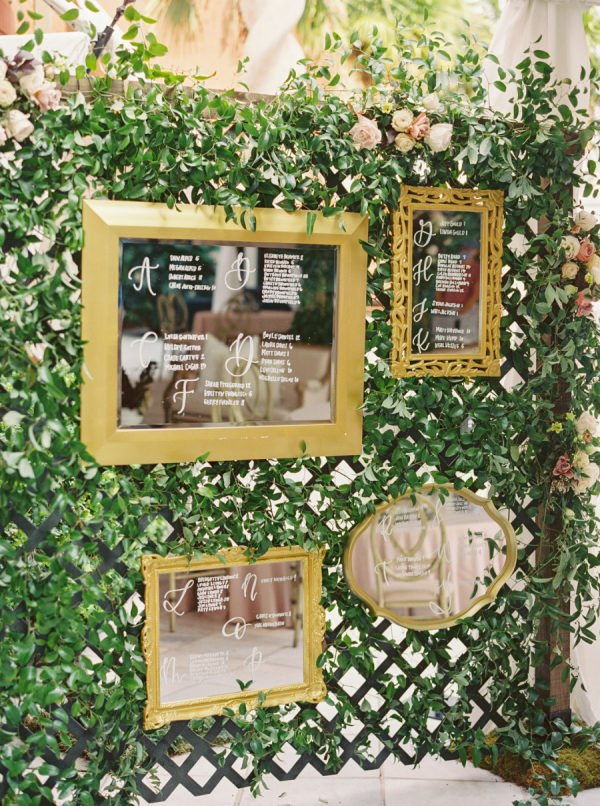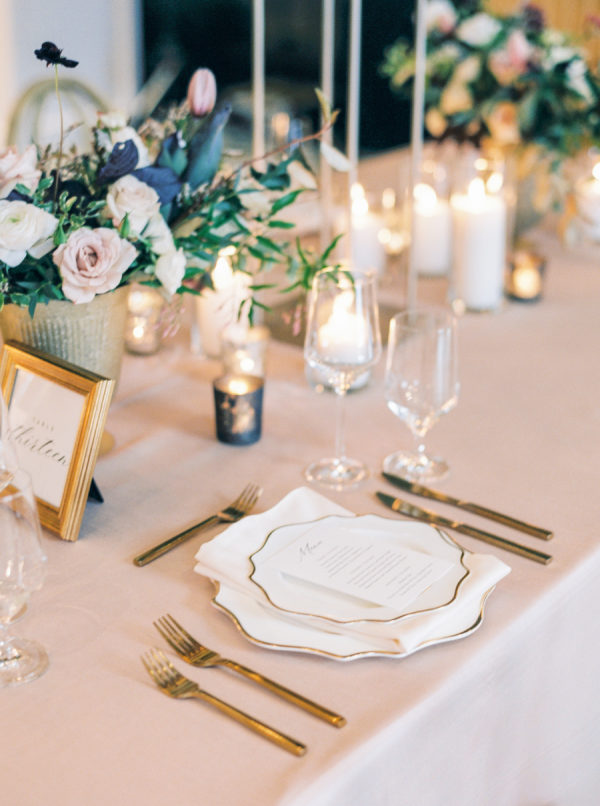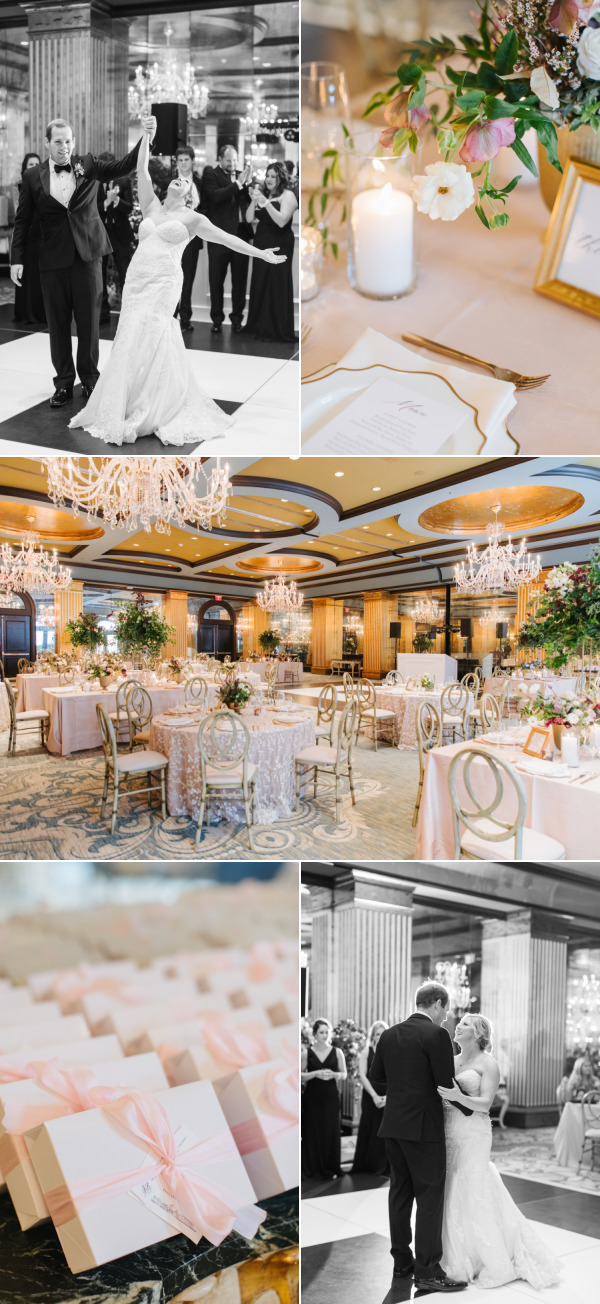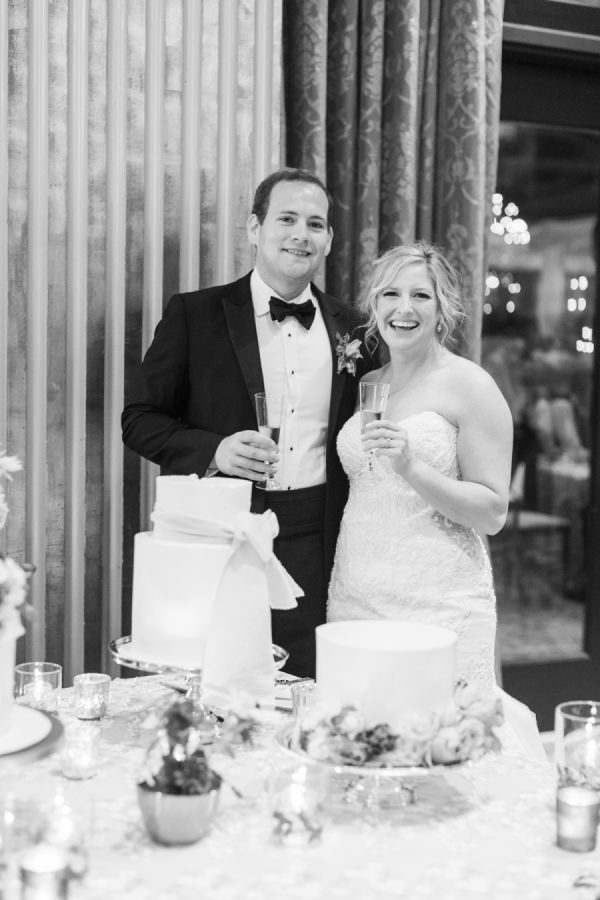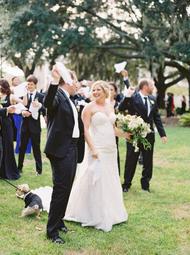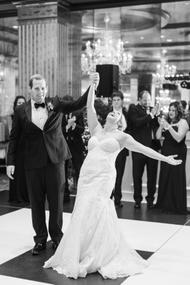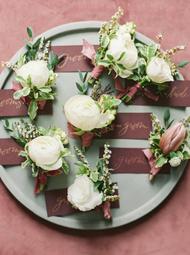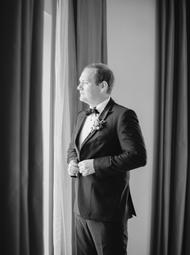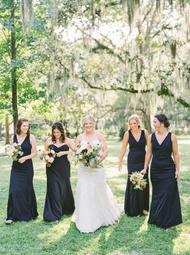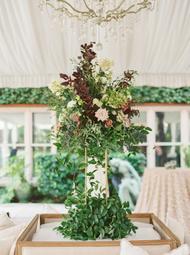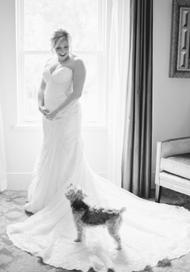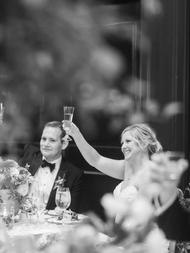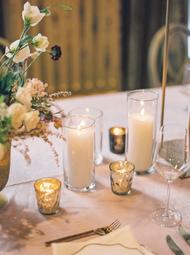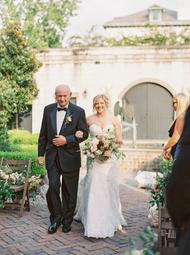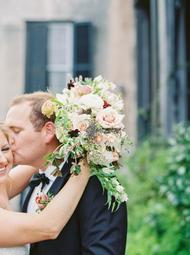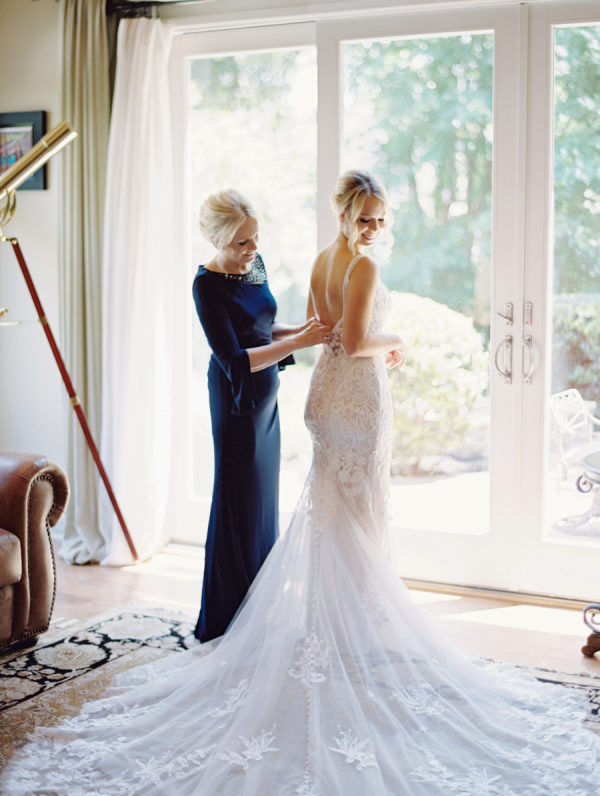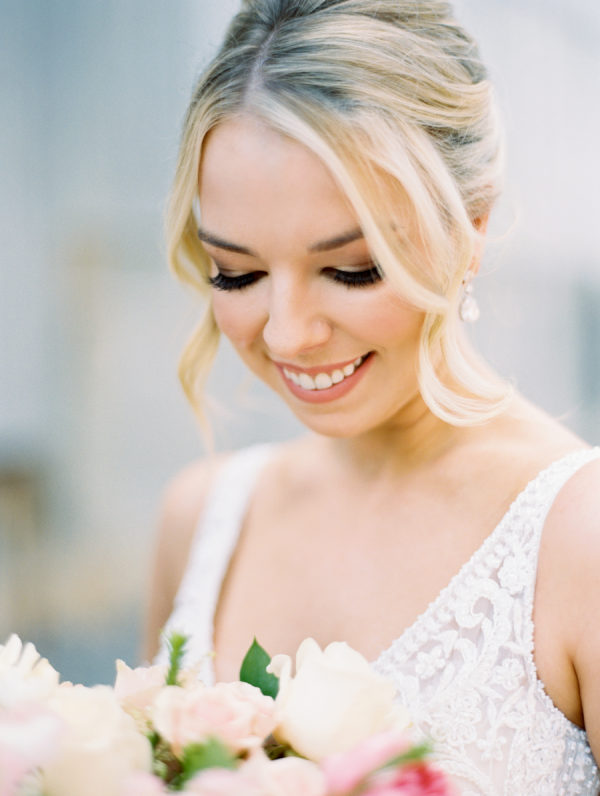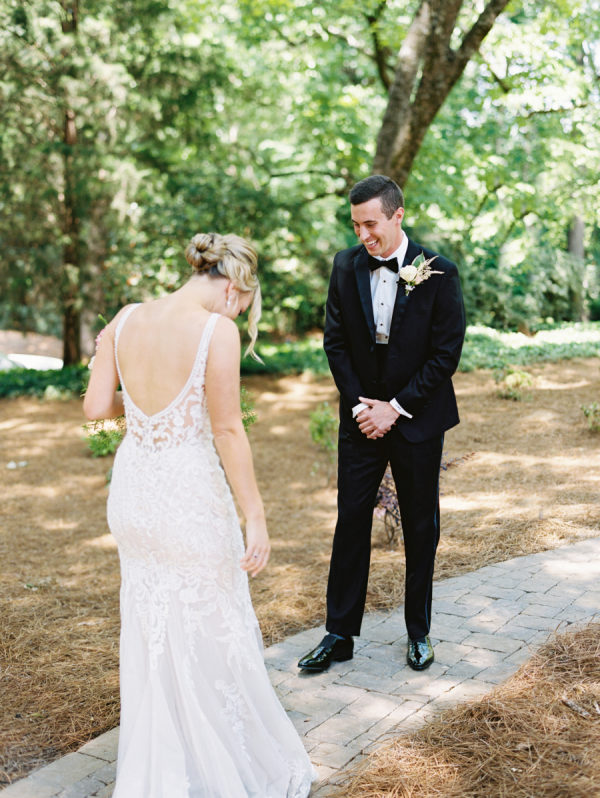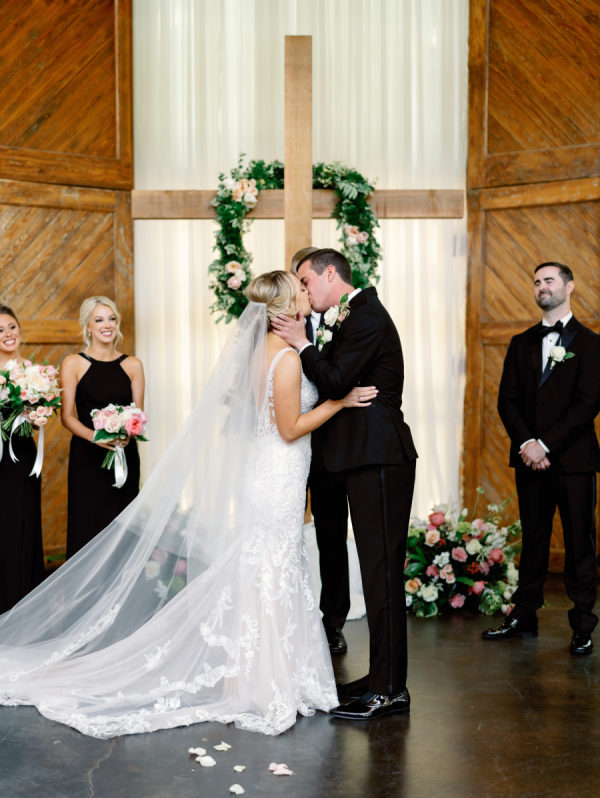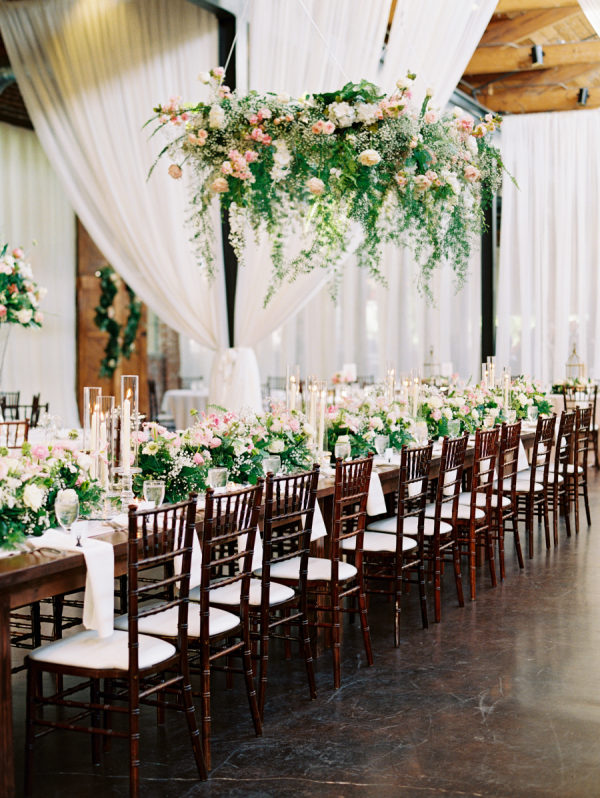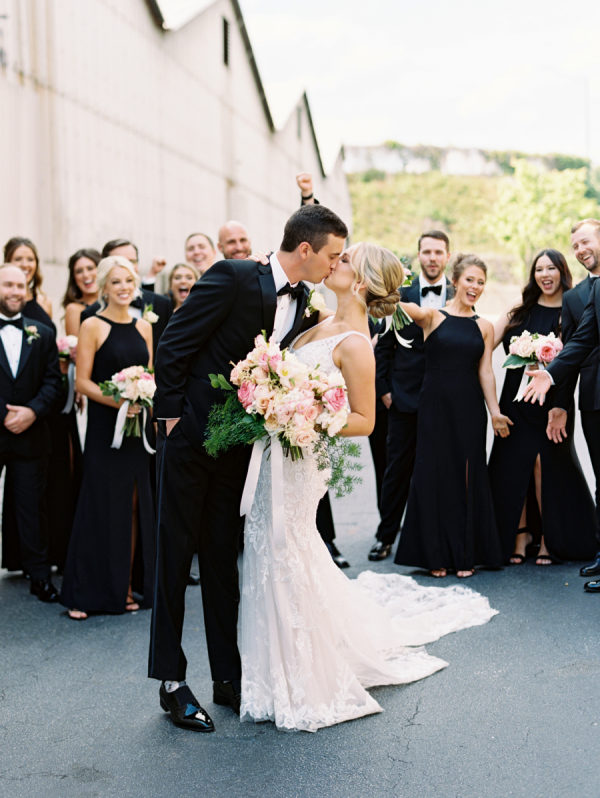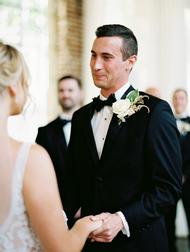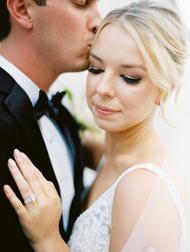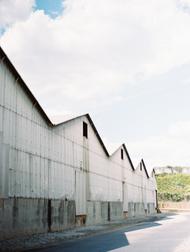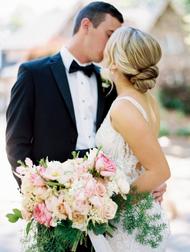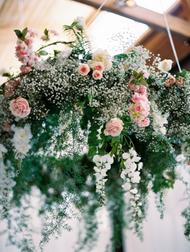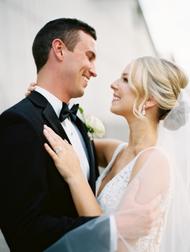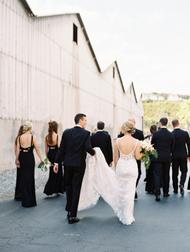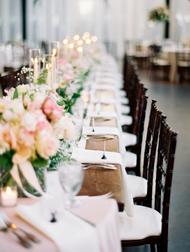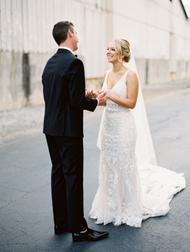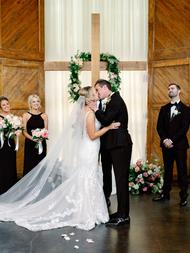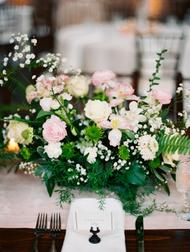As most of you may know, and per our Diversity Policy, Style Me Pretty made the decision in January 2020 to cease publishing content of any kind that had taken place at a plantation venue. The team here at SMP came to this conclusion due to the sensitivity we felt was needed to address the issues surrounding plantation weddings, and the duty we feel to examine anything that may be harmful or offensive to our community before moving forward with publication.
Within the past year, our eyes have truly been opened to the incredible influence and responsibility we carry within this industry. It’s our mission to equip ourselves with the knowledge to educate in the areas we can, listen to our community, and make the effort to learn about the issues taking place both behind the scenes and in the public eye, in order to inspire meaningful change. In light of this, we will be sharing an update to our Diversity Policy with you all today, regarding the ban placed on plantation wedding content on SMP.
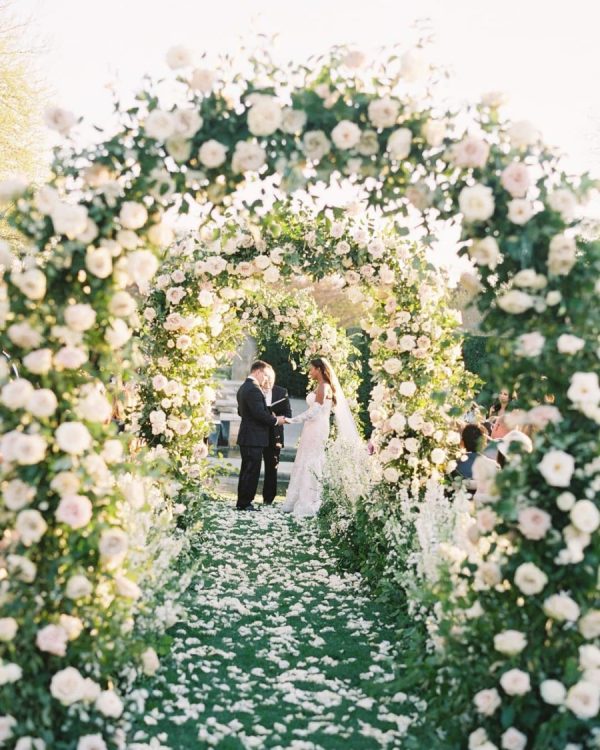
Photography by Charla Storey
Since sharing our original stance on the topic early last year, we’ve truly learned so much. With the help of our diversity panelists and historian Dr. Bernard Powers, Director of the Center for the Study of Slavery in Charleston History Department – we’ve been able to achieve a much greater understanding of the history behind the use of these venues. Through conversations within our community and countless hours of research and consideration – we feel confident in defining exactly which qualities in a venue we deem to go against the criteria outlined in our diversity policy.
With all that being said, we understand the importance of being transparent with you all, and intend to continue doing so here today. In this article, we will be sharing the internal challenges we faced that ultimately sparked our curiosity to dig deeper, detail exactly how we came to our current policies, and break down our next steps, while continuing to support our vendor community.
Please don’t hesitate to reach out should you have any questions, comments, or feedback to share.
Let’s begin with the facts…
What is a plantation?
This article from National Geographic describes the plantation system in America as “an instrument of British colonialism characterized by social and political inequality. It links the agricultural prosperity of the South with the domination by wealthy aristocrats and the exploitation of slave labor.”
What happened after sharing your original stance to cease publishing all plantation wedding content in January 2020?
Along with many other reputable publications in the wedding industry, SMP made the decision to no longer accept any weddings or styled shoots that took place on plantation properties. At first, it seemed reasonable to us that any venue with the word “plantation” used directly in the name, would not be considered appropriate to publish on SMP – as romanticizing these particular locations does not comply with our diversity policy.
We soon realized that this was in fact a flawed approach. After hearing from our vendors, learning from Dr. Powers and doing our own research – it was brought to our attention that not all properties with the word “plantation” in the name were actually working plantations, using the definition that a plantation was an estate/farm where crops were cultivated using slave labor. Instead, the word “plantation” was also used loosely to refer to “a secondary country home”, “estate”, or “farm”. Alternatively, there are venues who used slave labor on their property though do not bear the name “plantation.”
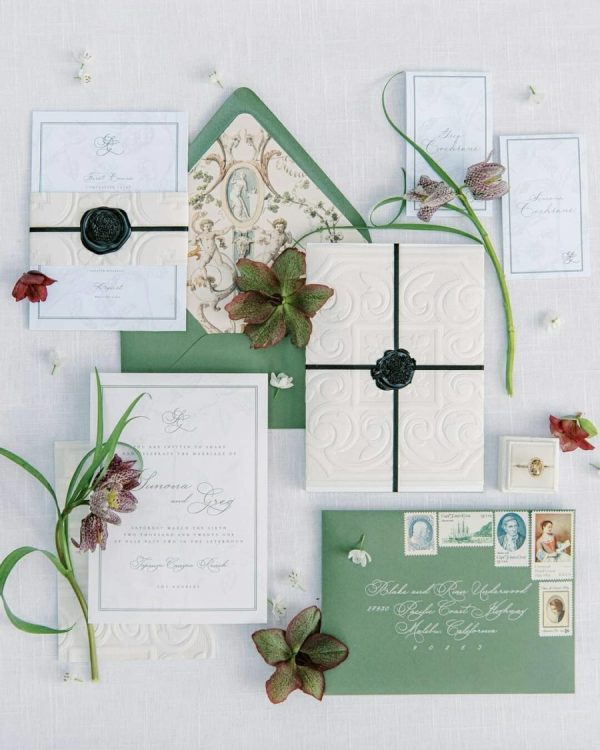
Photography by Michael Radford
We realized that it was important for us to find a better vetting process for venues as a whole as they are submitted to SMP. We will discuss exactly what that means later on in this article.
“I often think about how we would not DARE think to host a wedding at a concentration camp or any other place where these heinous acts of crime were committed, and yet, this is still a point of contention and discussion all because a property is physically ‘beautiful’”– Sacia Matthews, Charleston wedding photographer
Since our initial decision to discontinue the publishing of plantation content, regardless of its historical relevance, a larger conversation has been posed by our wedding community, specifically those in the Charleston area. Their concern is two-part:
CONCERN 1. Charleston has a high concentration of venues called ‘plantations’, however, there are many venues – both with and without the name of a “plantation” – that have tragic histories involving slavery. As an industry, how are we able to define or draw the line as to what is acceptable for publication and what is not?
“In the South it will be extremely difficult to avoid historic places with any association with slavery. Probably every one of the eighteenth century and antebellum homes in downtown Charleston have some association. However abut 95% of enslaved people lived and worked on rural plantations on the eve of the Civil War, so ceasing to publicize events in those locations gets at the largest number of slavery sites. “ – Dr. Bernard Powers, Director of the Center for the Study of Slavery in Charleston History Department
CONCERN 2. Publications are banning features for venues with the word “plantation” in their name that do not have a history of slave labor previously present on the property, and therefore were never a working plantation. In addition, many plantation venues are vocalizing their history, making reparations, and have an entire educational piece on the history of their property. Does this still mean they are banned? What is the criteria to banning features and plantation weddings in the future?
“I am not saying that weddings at these locations should be banned, as that is a personal choice, as is getting married at these locations, however, as a vendor, I have a choice that I can make to not work at these locations, and going forward we all can make the decision on what feels ethically and morally right on this topic. For me, I’ve focused on promoting and working with vendors and venues in the area that are not problematic and giving them the attention that they deserve to point couples towards conflict-free venues!” – Sacia Matthews, Charleston wedding photographer
We feel it is important to bring the unique issues to the table and share the internal dialogue we’ve been dealing with as a publication. We hold our relationship with our vendors in the highest regard and while our position remains unchanged, we also want to find a way to remain supportive of our Charleston-area vendors.
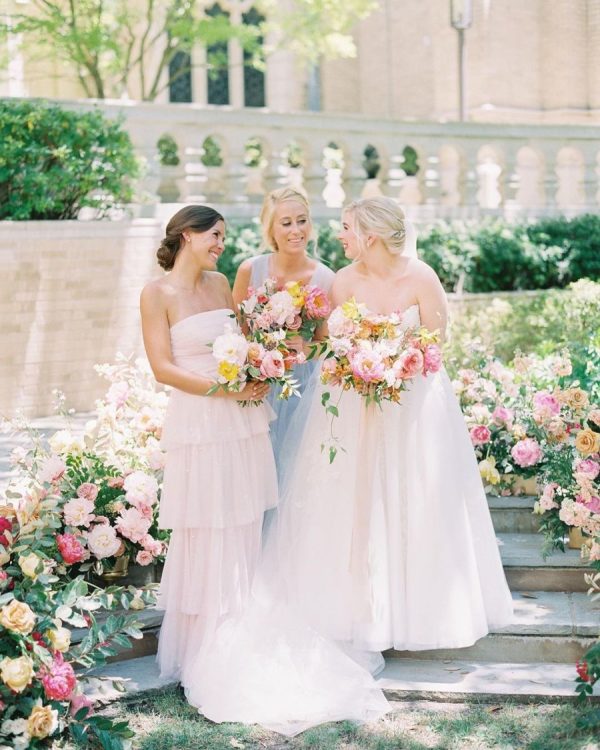
Photography by Charla Storey
What are your current policies and processes for vetting venues?
Our position is as follows:
SMP will not accept weddings that took place at a known plantation where slavery once actively occurred.
Since Spring 2020, we have instated a mandatory check box on our submissions form that requires a check ‘YES’ confirming this event did not take place at a plantation venue, where slave labor was actively used on the property. Not only that, we also depend on both reader and vendor feedback in addition to our own research in order to ensure every venue meets our criteria standards.
“With regard to the rationale for the position SMP has adopted, the key point is that typically these weddings occur without any regard for the historical context. The context was that plantations were the sites where black families were “destroyed” through family separations. To conduct wedding ceremonies there today and to recreate in such places without any reference to this history amounts to disdain for the suffering that took place.” – Dr. Bernard Powers, Director of the Center for the Study of Slavery in Charleston History Department
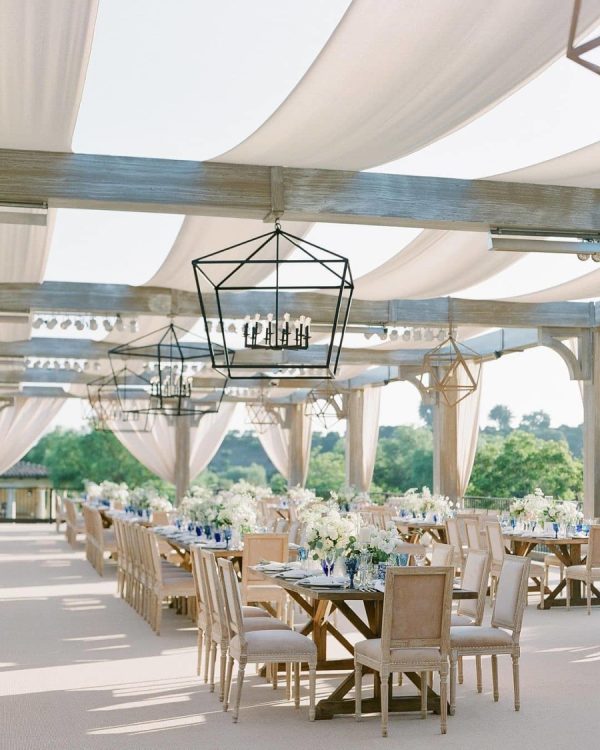
Photography by Jose Villa Photography
Moving forward, we remain committed to excluding any and all plantation venues where there is evidence of slave labor previously present on the property. Although we wholeheartedly support the venue’s decision to educate their visitors on the tragedies that took place in the history of their land, we are not making any exceptions for venues who are doing so at this time. It is our mission to change the narrative behind these venues, as they have been overly romanticized in our industry to an extent that masks the true devastation that occurred on these grounds.
“As a member of the BIPOC wedding community and the SMP LBB I’m encouraged by the hard work and attention the Style Me Pretty team is putting forth into this initiative. We have a long way to go as an industry but this is a great start in ensuring the painful history around plantations is acknowledged and considered when working at and promoting these venues.” – Nicole-Natassha Goulding of Chic by Nicole
“Doing what’s right is never an easy road to travel. The time is now for leaders, including those who own venues, to stand on the right side of equality. No longer can we as wedding professionals take a backseat to the realities that our clients face. The internal scars resurface each time a plantation wedding is glamorized. Venues must not waiver when it comes to choosing racial justice over income. I support SMP’s position to not highlight wedding venues who refuse to acknowledge the role they played in the era of plantations.” – Andrew Roby, Andrew Roby Events
We want to take this time to sincerely thank you all for your patience, support and understanding as we continuously strive to determine the best course of action in navigating this sensitive subject matter. We are truly learning more every single day and are so grateful for all of your help in getting us to where we are today — and where we will undoubtedly go in the future.
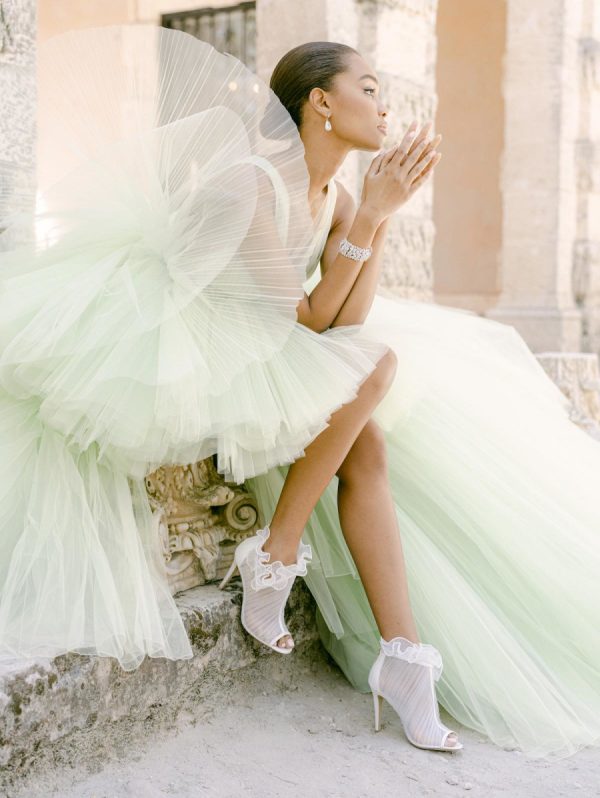
Photography by KT Merry
Join The Conversation
favorite (0) share share (0) pin (0)











































































































































